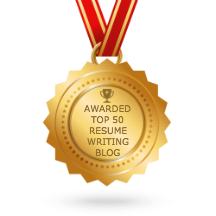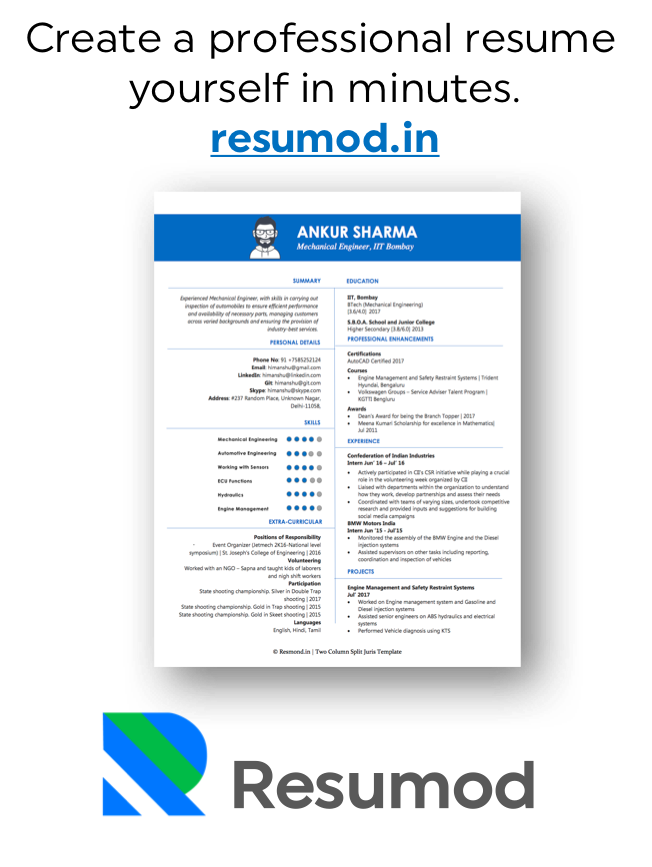This is a guest post by Sydney Rokos of My Consulting Coach
I am going to begin by saying well done! It is extremely likely you have already made it through the screening and have successfully secured a position in the next round of the process. You should now start constructing a strategy to prepare for the upcoming round of the application. With the first qualifying round of structured interviews, you will be pitting yourself against other skilled candidates for the position. With a comprehensive preparation plan, frequent practice and confidence, you will be ready to stand out.
There are 4 steps in the process, from application to job offer:
- Application Screening (resume & cover letter)
- PST (Problem Solving Test) 60 minutes
- Interview (1st round)
- Interview (2nd round)
Your first and second round interviews will be made up of 2 parts, namely:
- PEI (Personal Experience Interview) which accounts for about 25% of the 45-60 minute interview
- Case Interview will account for 75% of this time.
The Problem Solving Test (PST)
McKinsey requires applicants to complete the PST as part of the screening process. All candidates will take the same test so the comparison is direct, fair and objective. The test has been designed to measure the applicant consultant’s math and reasoning skills. You will get 60 minutes to answer 26 questions based on 3 cases. The test is strictly aimed at assessing your numerical and reasoning skills. Do not overlook the importance of practicing your skills.
Included are a few tips to assist you to prepare for the PST.
- Answer all 26 questions. You do not get penalized for incorrect answers so do not skip over questions. There is always possibility that the random choice you make is the correct one. You have approximately 2 minutes per question, if you are really stuck, then move on but take the time to consider the question.
- Fill in answers directly on the answer sheet as you go along, do not leave it to come back and complete. If you run out of time, keeping the answers on your notes will serve you no purpose.
- PRACTICE is essential. Do not overlook the importance of enhancing and developing your skills.
- Refresh your basic math skills which include your elementary subtraction, multiplication, addition, and division. It is not about mastering math but rather about being confident knowing that you put in the time and effort to develop and enhance the required skills.
- Practice scanning documents rather reading. This will help you to adequately reduce the time you will use to look at the essential data and text to answer the question.
Just a valuable reminder: Do not start examining the documents and information unless you have a thorough understanding of what the key question is. With the question in mind, identifying the correct information is easier.
1st & Second Round Interviews
Always begin with a comprehensive plan. Forging ahead without key goals and specific objectives to guide preparation means that you will not directly focus on the specific areas of your necessary preparation that demand special attention. The case interview is intentionally designed to assess the necessary skills a consultant will use every day to perform their job, this includes:
- Problem-solving skills and your ability to resolve business problems in a structured manner
- Math skills
- Entrepreneurial creativity & organizational Innovation skills
- General business and entrepreneur skills
- Soft skills including excellent communication skills
- Structure your preparation plan to ensure it is comprehensive and ensures you constantly assess adjust the focus more attention on the skills that need attention. Your plan should include:
- Develop your math skills. Practice how to accurately and swiftly make math calculations
- Practice your analytical skills. It is critical you know how to structure the problem. This is one of the most essential areas of your practice and case interview It is vitally significant to remember you want to stand out. This is merely possible if you excel at structuring your problems through a customized, case-driven framework.
- Practice with a mock case interview. This will enable you to utilize your structuring method which means that you can practice, assess and practice until you master case structuring.
- Do not overlook to enhance and sufficiently develop your key communication and presentation skills.
- Set aside time in your preparation plan to work through answering common questions for the fit and PEI interview (Personal Experience Interview). A number of resources will allow you access to a list of standard questions, take time to work through these, being prepared for anything only enhances your confidence.
Differences Between 1st & 2nd Round Interviews
While very similar, there are differences between the first and second round interview, which include:
- 1st round: the interviewer is generally less junior than that of the second interviewer. For example, it is highly likely the interview would be led an associate with 2 or more years of experience.
- 2nd round: the interview is led by partners.
- Your performance from application to 2nd interview will contribute to your performance assessment but as the 2nd round of interviews are partner led, this will be weighted higher than the previous round.



